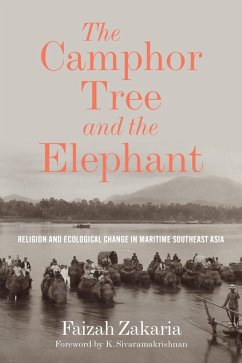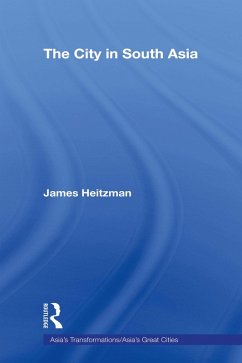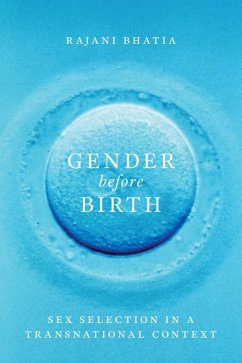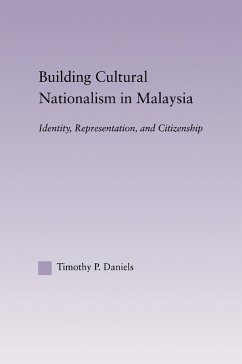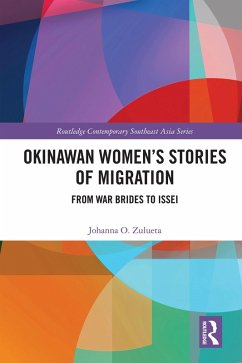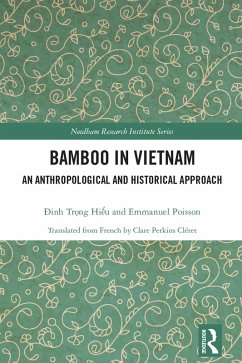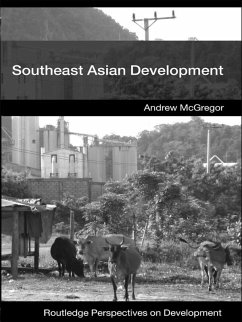
InterAsian Intimacies across Race, Religion, and Colonialism (eBook, ePUB)
Versandkostenfrei!
Sofort per Download lieferbar
16,95 €
inkl. MwSt.
Weitere Ausgaben:

PAYBACK Punkte
8 °P sammeln!
In InterAsian Intimacies across Race, Religion, and Colonialism, Chie Ikeya asks how interAsian marriage, conversion, and collaboration in Burma under British colonial rule became the subject of political agitation, legislative activism, and collective violence. Over the course of the twentieth century relations between Burmese Muslims, Sino-Burmese, Indo-Burmese, and other mixed families and communities became flashpoints for far-reaching legal reforms and Buddhist revivalist, feminist, and nationalist campaigns aimed at consigning minority Asians to subordinate status and regulating women's ...
In InterAsian Intimacies across Race, Religion, and Colonialism, Chie Ikeya asks how interAsian marriage, conversion, and collaboration in Burma under British colonial rule became the subject of political agitation, legislative activism, and collective violence. Over the course of the twentieth century relations between Burmese Muslims, Sino-Burmese, Indo-Burmese, and other mixed families and communities became flashpoints for far-reaching legal reforms and Buddhist revivalist, feminist, and nationalist campaigns aimed at consigning minority Asians to subordinate status and regulating women's conjugal and reproductive choices. Out of these efforts emerged understandings of religion, race, and nation that continue to vex Burma and its neighbors today.
Combining multilingual archival research with family history and intergenerational storytelling, Ikeya highlights how the people targeted by such movements made and remade their lives under the shifting circumstances of colonialism, capitalism, and nationalism. The book illuminates a history of belonging across boundaries, a history that has been overshadowed by Eurocentric narratives about the mixing of white colonial masters and native mistresses. InterAsian intimacy was-and remains-foundational to modern regimes of knowledge, power, and desire throughout Asia.
Combining multilingual archival research with family history and intergenerational storytelling, Ikeya highlights how the people targeted by such movements made and remade their lives under the shifting circumstances of colonialism, capitalism, and nationalism. The book illuminates a history of belonging across boundaries, a history that has been overshadowed by Eurocentric narratives about the mixing of white colonial masters and native mistresses. InterAsian intimacy was-and remains-foundational to modern regimes of knowledge, power, and desire throughout Asia.
Dieser Download kann aus rechtlichen Gründen nur mit Rechnungsadresse in A, D ausgeliefert werden.




